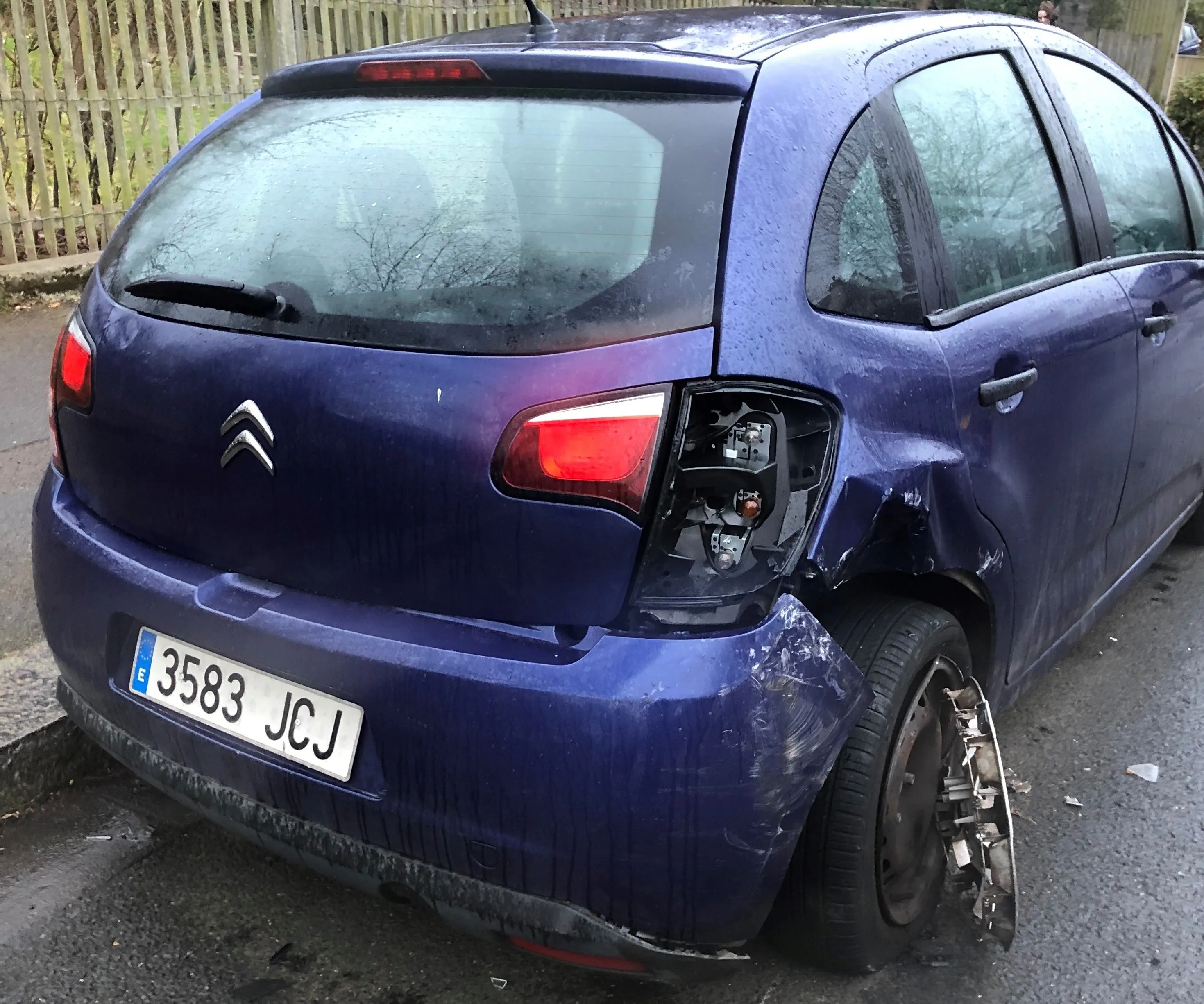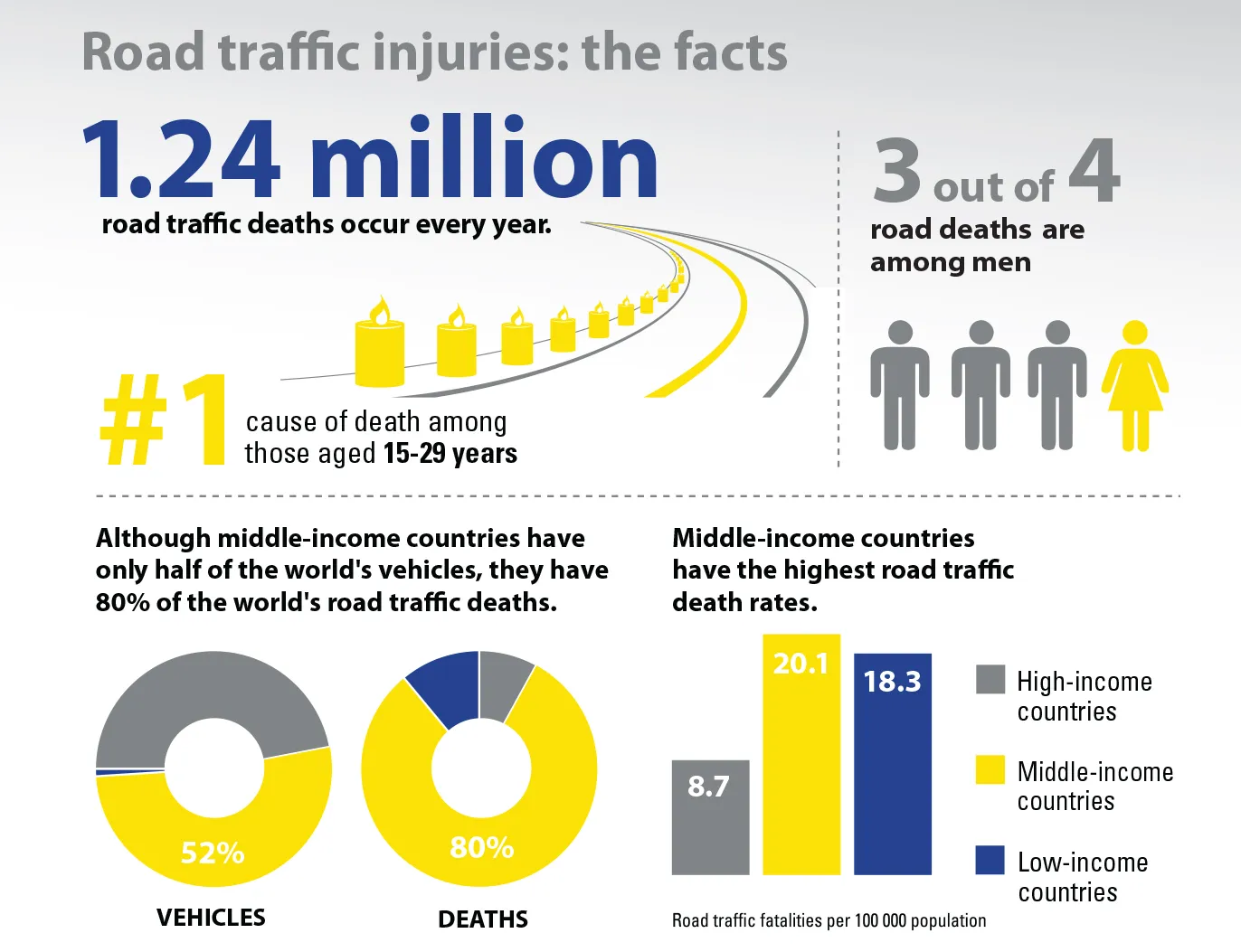A UK academic claims that research shows higher prison sentences are unlikely to deter death by driving offences. University of Leicester professor Sally Kyd Cunningham suggests new laws from the UK Government could fail as a deterrent to crimes committed while driving. In the wake of the Government’s recent announcement of a comprehensive review of driving offences and penalties, an academic from the University of Leicester has argued that higher prison sentences could fail to act as a deterrent against de
June 17, 2014
Read time: 4 mins
A UK academic claims that research shows higher prison sentences are unlikely to deter death by driving offences. 4091 University of Leicester professor Sally Kyd Cunningham suggests new laws from the UK Government could fail as a deterrent to crimes committed while driving. In the wake of the Government’s recent announcement of a comprehensive review of driving offences and penalties, an academic from the University of Leicester has argued that higher prison sentences could fail to act as a deterrent against death by driving offences and that it is the punishment for underlying offences that should instead be revised. Professor Kyd Cunningham from the University of Leicester’s School of Law has called into question the effectiveness of two controversial new offences: ‘causing death by driving by disqualified driving’ and ‘causing serious injury by disqualified driving’. She suggests that the laws will do little to reduce the number of deaths and injuries caused in driving crashes. She said, “It is difficult to see how any causing death by driving offence can act as a deterrent, no matter how high the sentence attached to it. When drivers get behind the wheel, they do not think about whether they might cause a collision or whether it is they or another road user that might be killed. Neither do they think about the punishment they might receive as a result if they survive the crash.
“If the law is to have a deterrent effect, it is the underlying offences which should receive our attention, as punishing people involved in driving collisions with higher sentences does little to reduce the chance of these crimes occurring. One suggestion is that driving whilst disqualified should itself attract a higher maximum sentence to act as a deterrent. At the moment it carries a maximum of six months’ imprisonment, and is only tried in the magistrates’ court.”
Professor Kyd Cunningham’s research broadly covers the fields of criminal law and criminal justice - what amounts to a crime and how crimes are dealt with by the state, including how crimes are investigated, prosecuted and punished. Her research also suggests that there is a paradox between how the media portrays driving offences, creating a situation where disqualified drivers are classed as criminals while speeding drivers are not classed as criminal until a collision occurs. She added, “Many people fail to view driving offences as crimes unless harm is caused. It isn’t accepted that minor offences are truly criminal or wrong, because people don’t see that the mere creation of a risk of death or serious harm is in itself something we wish to avoid. The media is often seen to support campaigns calling for the criminal justice system to come down heavily on drivers who cause death. At the same time, however, the media often condemns the police for spending too much time and resources chasing what the media portray to be otherwise law-abiding motorists who break the speed limit or are involved in some other minor driving offence. There seems to be a blind spot here; it is not seen how risk-taking that luckily fails to result in any harm is connected to cases where unluckily risk-taking has catastrophic consequences. With the offence of causing death by careless driving, otherwise law-abiding citizens might find themselves facing a serious criminal charge as the result of a moment’s inattention. While there have been major changes in the way that the police investigate such cases and in the way that the Crown Prosecution Service (CPS) works with the police and with bereaved victims, there are still improvements that can be made.”
Professor Kyd Cunningham discussed Government changes to driving offences and penalties at a panel debate in London on Friday 13 June which was hosted by the National Cycling Charity (CTC). Officials from the Sentencing Council were in attendance and the CTC launched its latest Road Justice campaign reports.
Her report to the CPS, funded by an Arts and Humanities Research Council Early Career Fellowship between October 2011 and June 2012, %$Linker:2 External <?xml version="1.0" encoding="utf-16"?><dictionary /> 0 0 0 oLinkExternal can be found here<br /> <br /> Visit : http://www2.le.ac.uk/departments/law/people/documents/prosecutorial-decision-making-following-the-road-safety-act-2006-final-report-to-the-crown-prosecution-service false http://www2.le.ac.uk/departments/law/people/documents/prosecutorial-decision-making-following-the-road-safety-act-2006-final-report-to-the-crown-prosecution-service false false %>The report has been used to assist in formulating a scoping document that defines the parameters of a joint review between Her Majesty’s Crown Prosecution Service Inspectorate and Her Majesty’s Inspectorate of Constabulary of criminal charges relating to road traffic fatalities that will be taking place this year.
“If the law is to have a deterrent effect, it is the underlying offences which should receive our attention, as punishing people involved in driving collisions with higher sentences does little to reduce the chance of these crimes occurring. One suggestion is that driving whilst disqualified should itself attract a higher maximum sentence to act as a deterrent. At the moment it carries a maximum of six months’ imprisonment, and is only tried in the magistrates’ court.”
Professor Kyd Cunningham’s research broadly covers the fields of criminal law and criminal justice - what amounts to a crime and how crimes are dealt with by the state, including how crimes are investigated, prosecuted and punished. Her research also suggests that there is a paradox between how the media portrays driving offences, creating a situation where disqualified drivers are classed as criminals while speeding drivers are not classed as criminal until a collision occurs. She added, “Many people fail to view driving offences as crimes unless harm is caused. It isn’t accepted that minor offences are truly criminal or wrong, because people don’t see that the mere creation of a risk of death or serious harm is in itself something we wish to avoid. The media is often seen to support campaigns calling for the criminal justice system to come down heavily on drivers who cause death. At the same time, however, the media often condemns the police for spending too much time and resources chasing what the media portray to be otherwise law-abiding motorists who break the speed limit or are involved in some other minor driving offence. There seems to be a blind spot here; it is not seen how risk-taking that luckily fails to result in any harm is connected to cases where unluckily risk-taking has catastrophic consequences. With the offence of causing death by careless driving, otherwise law-abiding citizens might find themselves facing a serious criminal charge as the result of a moment’s inattention. While there have been major changes in the way that the police investigate such cases and in the way that the Crown Prosecution Service (CPS) works with the police and with bereaved victims, there are still improvements that can be made.”
Professor Kyd Cunningham discussed Government changes to driving offences and penalties at a panel debate in London on Friday 13 June which was hosted by the National Cycling Charity (CTC). Officials from the Sentencing Council were in attendance and the CTC launched its latest Road Justice campaign reports.
Her report to the CPS, funded by an Arts and Humanities Research Council Early Career Fellowship between October 2011 and June 2012, %$Linker:








